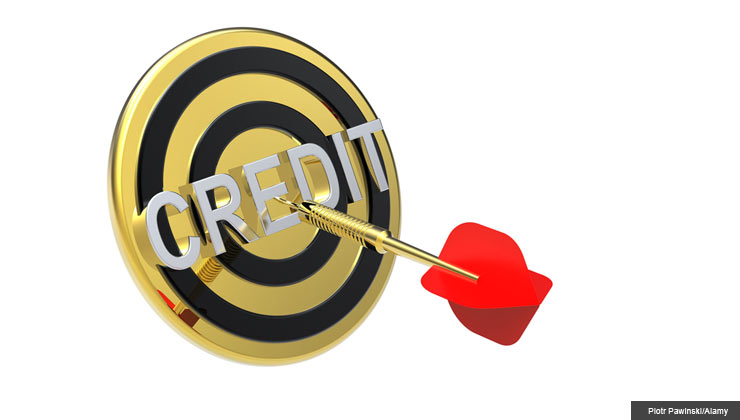
Factors that affect your credit score, fico, credit rating
- Select a language for the TTS:
- UK English Female
- UK English Male
- US English Female
- US English Male
- Australian Female
- Australian Male
- Language selected: (auto detect) - EN
Play all audios:

The debt that can most likely lower your credit scores is credit card debt — not mortgages, car loans or student loan debt. So if you want to raise your credit scores, focus first on
lowering your outstanding credit card balances. As long as you make timely payments on your other debts, such as your home loan, having those types of debts won't negatively impact your
credit scores in the way that existing credit card debt can. Ideally, try to keep your credit card balances at or below 25 percent of your available credit. This is known as your
"credit utilization ratio." If you can pay off your credit cards in full each month, that's even better. LENGTH OF CREDIT HISTORY: 15 percent of your credit score All credit
scoring models reward you for having a longer credit history. This can be a real plus to those age 50 and older, since you are likely to have a more established credit track record than
someone in her 20s, 30s or 40s. A word to the wise, though, about managing your credit cards in the context of your credit score. Even if you pay off a credit card in full, it's
generally best to keep it open and not close the account. Closing credit cards can backfire on you, by decreasing the length of your credit history and raising your credit utilization ratio.
If you'll be applying for credit anytime in the next year, shutting down existing credit cards could hurt your FICO score. But if don't trust yourself with your credit cards, and
they might tempt you, simply put them away — in the attic, basement, a safe or even the freezer! As an even more drastic step, you can also cut up a credit card you won't be using, and
still leave the account open. Just recognize, however, that taking the scissors to your Visa or MasterCard says more about you than it does about that piece of plastic. Credit cards
aren't inherently bad or evil. It's our own inability to manage credit wisely that gets us into trouble. MIX OF CREDIT: 10 percent of your credit score The credit-scoring world
also rewards you for showing that you can responsibly juggle multiple forms of credit. Thus, your score will be higher if your credit files include various types of credit, such as a
mortgage loan, an installment loan (like a student loan or auto loan) and credit cards. Again, as long as you pay all these obligations on time, you'll boost your credit rating in this
category. INQUIRIES OR NEW CREDIT: 10 percent of your credit score A "hard" inquiry is triggered on your credit report whenever you seek credit or apply for a loan. Inquiries
remain on your credit reports for two years. For the purpose of calculating your FICO scores, inquiries count against you for one year. Various experts have estimated that a single inquiry
can lower your credit score by anywhere from five points to 35 points. I once had an inquiry lower my credit score by 14 points. So only apply for credit when you really need it. And skip
those department store credit card offers; they just generate inquiries. A "soft" inquiry, like checking your own credit report, does not hurt your credit score. You can — and
should — check your credit reports from each of the three main credit bureaus at least once a year. You can get your Equifax, Experian and TransUnion credit reports free of charge annually
at AnnualCreditReport.com. You should also know that factors such as your income, race, age, gender or marital status play no role whatsoever in computing your credit scores. In fact,
federal law prohibits the use of race, age, nationality, religion, sex or marital status in credit scoring. _Lynnette Khalfani-Cox, The Money Coach®, is a personal finance expert, television
and radio personality, and a regular contributor to AARP. You can follow her on Twitter and on Facebook. _
